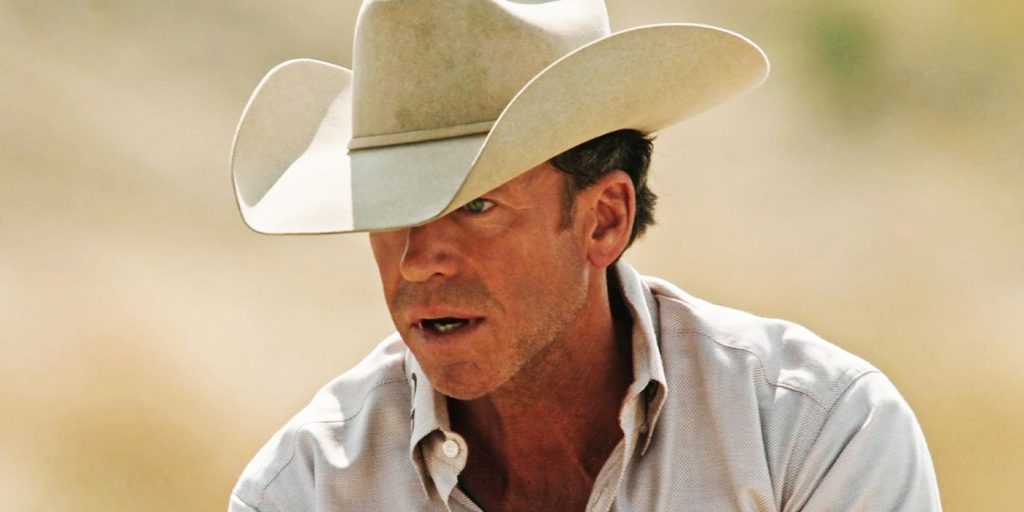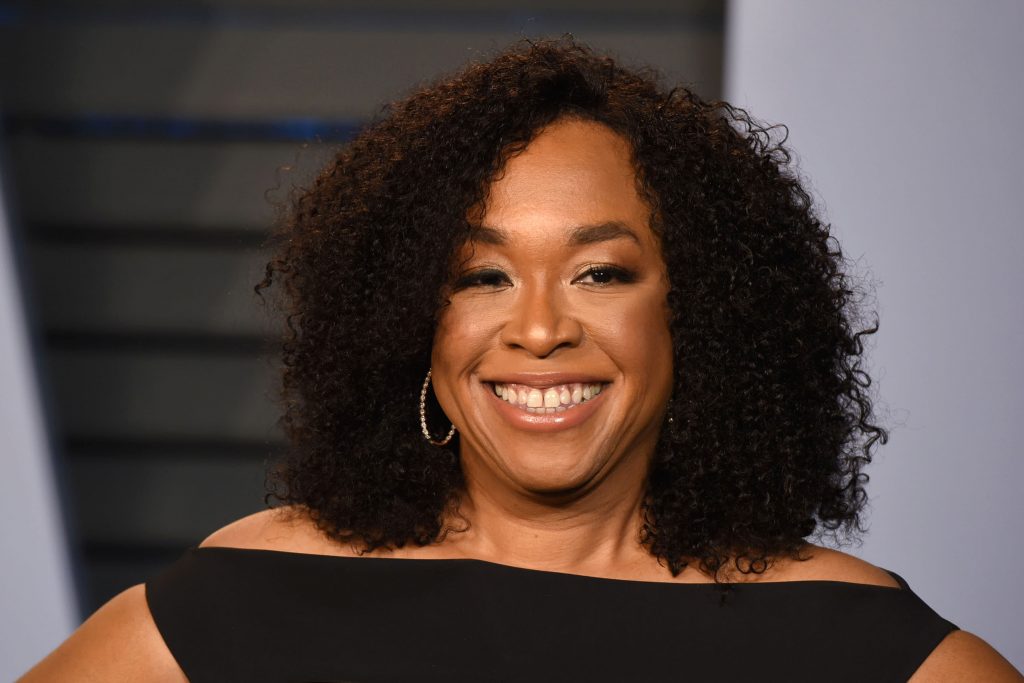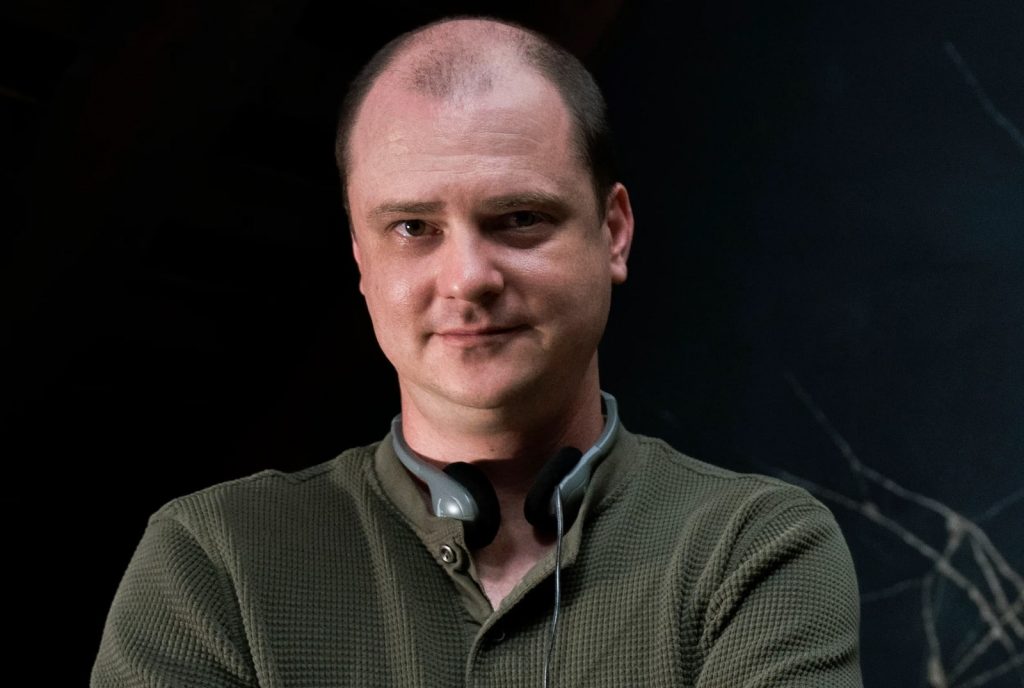Staying Power: How Today’s Most Successful Screenwriters Remain Relevant in a Shifting Industry

In the ever-changing world of entertainment, screenwriters must navigate changing audience preferences, new platforms, and new technologies to maintain relevance on our screens. Despite these challenges, numerous contemporary film and television writers continue to thrive and build followings.
This article explores how the most successful writers in film and television today—figures including Phoebe Waller-Bridge, Taylor Sheridan, Shonda Rhimes, Jordan Peele, and Noah Hawley—sustain success by cultivating unique voices, building personal brands, embracing genre (and bending them), and expanding into producing and directing to maintain creative control.
Owning Your Unique Voice and Evolving Point of View
A defining trait among today’s top screenwriters is a distinct, authentic voice. In a saturated market, originality and subversion of common story tropes are a key differentiator.
Phoebe Waller-Bridge, the creator of Fleabag and head writer of the first season of Killing Eve, exemplifies this. Her voice blends biting humor with uncanny emotional depth, capturing millennial angst. Waller-Bridge’s approach—mining her personal experience and injecting vulnerability and specificity to create universally compelling stories.
Similarly, Jordan Peele transitioned from comedy to horror with Get Out, bringing a fresh, socially conscious perspective to the horror genre. Peele’s writing stands out not just for its genre conventions but for how it examines race, class, and identity.
Dan Erickson presented a distinct world view in Severance which is undeniable unique.
Mastery of Genre and Reinvention
Top screenwriters know their genres—and how to subvert them. They understand the issues that most connect with audiences.
Taylor Sheridan, writer and creator of Yellowstone and its prequels, has built an empire on the modern Western. Sheridan combines the elements of classic frontier storytelling with contemporary themes such as land disputes, indigenous rights, family honor, and legacy.

Taylor Sheridan
Noah Hawley, known for adapting Fargo and Legion for television, similarly reinvents genre conventions. He takes familiar themes and infuses them with surrealism, character depth, and tonal shifts.
Becoming Multi-Hyphenates: Writer-Producers and Writer-Directors
To maintain creative control and ensure their stories are told faithfully, many top screenwriters have become producers, showrunners, and directors of their own work. They don’t seek permission and insist on protecting their vision from being diluted.
Shonda Rhimes epitomizes the modern writer-showrunner. As the creator behind Grey’s Anatomy, Scandal, and Bridgerton, Rhimes built her brand on serialized, emotionally driven drama and culturally impactful characters with relatable issues. Her lucrative deal with Netflix not only reaffirmed her market prowess but also demonstrated how producing power allows writers to scale their impact across multiple projects and platforms.

Shonda Rhimes
Likewise, Donald Glover, creator of Atlanta, has fused writing, acting, music, and directing into a unified artistic identity. By controlling more aspects of the creative process, Glover ensures that his projects reflect his distinctive voice without compromise.
Adapting to Industry Changes and Embracing New Platforms
Successful writers are also responsive to broader industry shifts. As streaming reshapes distribution and viewing habits, many writers pivot toward projects that align with binge-watching and niche audience tastes. Others appreciate the weekly streamer drops to combat viewer fatigue.
Writers like Mike Flanagan (The Haunting of Hill House, Midnight Mass) have leveraged the anthology and limited series format to tell self-contained, cinematic stories. By adapting classic horror literature into character-driven prestige television, Flanagan has carved out a loyal audience and a repeatable creative model.

Mike Flanagan
Another example is Issa Rae, who began her career with the YouTube web series Awkward Black Girl before landing Insecure on HBO. Rae’s trajectory highlights how embracing non-traditional platforms (mainly due to a lack of a viable alternative) and cultivating an online presence can open doors to mainstream success. She has since expanded into producing and is launching projects across film, television, and digital spaces—with a focus on underrepresented voices.
Maintaining Cultural Relevance and Social Awareness
Great screenwriters reflect, shape and express the cultural moment. Today’s successful writers remain tapped into societal shifts and concerns and use their work to comment, critique, or elevate important conversations.
Michaela Coel, creator of I May Destroy You, explored sexual trauma, consent, and identity with narrative strength and raw emotional honesty. Coel’s choice to turn down Netflix’s offer and retain ownership of her IP was itself a statement on creative autonomy and visionary storytelling.

MIchaela Coel
Navigating Personal Challenges and Vulnerability
Another significant aspect of staying power for successful screenwriters lies in their willingness to confront personal challenges and vulnerabilities within their work. This level of openness fosters authenticity, allowing audience members to connect with stories and their creators on a deeper level.
Phoebe Waller-Bridge’s Fleabag is a quintessential example of how vulnerability translates into compelling storytelling. The show openly examines themes of grief, loneliness, and self-acceptance through its flawed yet deeply relatable protagonist.
Acknowledging and incorporating personal challenges into your work can be transformative for both the writer and the audience.
Building Relationships and Reputations
A key component of success in the screenwriting industry is the significance of networking and relationship building. Collaborations happen not just in the writer’s room but also through industry events, festivals, and social gatherings. Establishing and cultivating connections with fellow writers, producers, directors, and industry insiders can lead to exciting opportunities and creative partnerships and collaborations.
Successful screenwriters often find themselves in environments that foster collaboration and innovation. These connections can be invaluable, leading to co-writing opportunities, mentorship, and insights into industry trends. Events like the Sundance Film Festival, SXSW, TIFF, Comic Con, or the Austin Film Festival serve as networking hubs, connecting emerging writers with established industry professionals.
The Role of Technology and Media Evolution
As technology continues to evolve, so too does the landscape of storytelling. Today’s successful screenwriters adeptly harness technology to enhance their narratives and expand their creative horizons. The advent of social media, interactive storytelling, and advancements in animation and visual effects provide screenwriters with new tools to engage their audiences.
For example, interactive storytelling platforms like Bandersnatch challenge traditional narrative structures and allows viewers to influence the story’s outcome. This concept of interactivity introduces a new dimension in screenwriting, encouraging writers to think outside the conventional framework and experiment with audience engagement.
Furthermore, advancements in technology can lend themselves to more visually driven stories. Writers have the opportunity to collaborate closely with creatives who complement their scripts. The Mandalorian, for instance, combines innovative technology with strong storytelling to create a captivating viewing experience.
Conclusion
The most successful screenwriters today aren’t just talented—they’re adaptable, entrepreneurial, and relentlessly focused on telling meaningful stories. They embrace genre while subverting expectations, expand their roles into producing and directing, and build brands rooted in authenticity and relevance. In an age of content overload and technological change, their continued success offers a blueprint: find your voice, own your narrative, and evolve without losing your essence. For aspiring screenwriters, these lessons are not just inspiring—they’re essential.
Join the Discussion!
Related Articles
Browse our Videos for Sale
[woocommerce_products_carousel_all_in_one template="compact.css" all_items="88" show_only="id" products="" ordering="random" categories="115" tags="" show_title="false" show_description="false" allow_shortcodes="false" show_price="false" show_category="false" show_tags="false" show_add_to_cart_button="false" show_more_button="false" show_more_items_button="false" show_featured_image="true" image_source="thumbnail" image_height="100" image_width="100" items_to_show_mobiles="3" items_to_show_tablets="6" items_to_show="6" slide_by="1" margin="0" loop="true" stop_on_hover="true" auto_play="true" auto_play_timeout="1200" auto_play_speed="1600" nav="false" nav_speed="800" dots="false" dots_speed="800" lazy_load="false" mouse_drag="true" mouse_wheel="true" touch_drag="true" easing="linear" auto_height="true"]










You must be logged in to post a comment Login